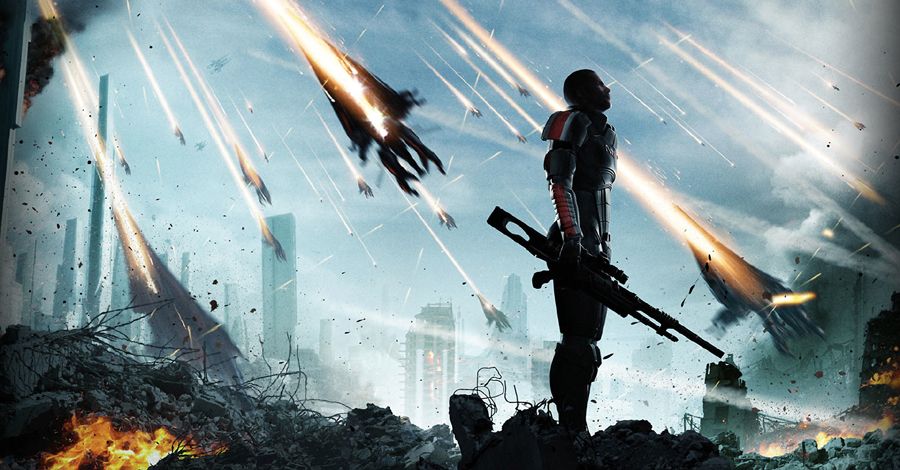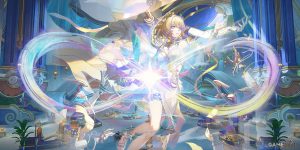Over a decade after its release, Mass Effect 3 is still a controversial game among fans of the series. While it has its defenders, the conclusion to BioWare’s science fiction RPG trilogy is reviled by many for its disappointing ending. Lacking the sort of meaningful choices that were the hallmark of the franchise, the conclusion felt both contrived and confusing. Indeed, the ending sparked such a backlash that BioWare went so far as to modify it after the game’s release in an attempt to clarify just what happened and address some of the criticism. Despite these changes, however, lots of fans still view the finale as frustrating at best and utterly awful at worst.
Many, however, overlook the most egregious aspects of the game’s final act. Critics of Mass Effect 3 tend to highlight the structural and narrative issues with its conclusion. They rightly note that, in the end, the player’s choices through three games don’t seem to matter and that the sudden appearance of the Catalyst feels like an unearned deus ex machina. Some highlight its logical inconsistencies, like Captain Anderson’s sudden appearance. The biggest problem with the finale, however, is how it undercuts the game’s core themes.
The following contains spoilers for Mass Effect 3.
Mass Effect 3’s Ending Makes a Bold Claim About Artificial Life
Leaning into Classic Sci-Fi Tropes Went Against Everything the Series Set Up Prior
The major reveal at the end of Mass Effect 3 is that the Reapers were created to resolve a recurring problem in the galaxy; conflict between organic and synthetic life. The Catalyst, appearing as a small boy, informs Shepard that he controls the Reapers and uses them to continuously wipe out advanced civilizations before they can create artificial intelligence that will destroy them.
Pointing to recent events, like conflict with the Geth, synthetic beings who were created by the Quarians, the Catalyst argues that hostility between the two forms of consciousness is inevitable and, in the absence of outside intervention, will soon lead to the death of all organic life in the galaxy. There are, of course, logical issues with creating synthetic life to destroy organics out of fear that they will create synthetic life that will destroy them.
Mass Effect 3 Endings
|
Choice |
Outcome |
|---|---|
|
Destroy |
All synthetic life is destroyed |
|
Control |
Shepard takes command of the Reapers |
|
Synthesis |
All organic and synthetic life is blended |
|
Refuse |
Shepard refuses to choose and the cycle of destruction continues |
Putting this aside, however, the Catalyst does pose an interesting dilemma that is worthy of great science fiction. Will organic life inevitably develop true artificial intelligence, and will this intelligence necessarily pose an existential threat to its creators? If so, how can this trap be avoided without fundamentally changing the nature of organic life and the drive of intelligent beings to invent and create?
The choices Shepard is presented with at the end of Mass Effect 3, though lacking in meaningful consequences, represent three different resolutions to the Catalyst’s dilemma. Players are asked to decide between destroying all synthetic life in the galaxy, surrendering their own individuality to control this life, curbing its potential for destruction, or merging organic and synthetic life to negate the possibility of one destroying the other.
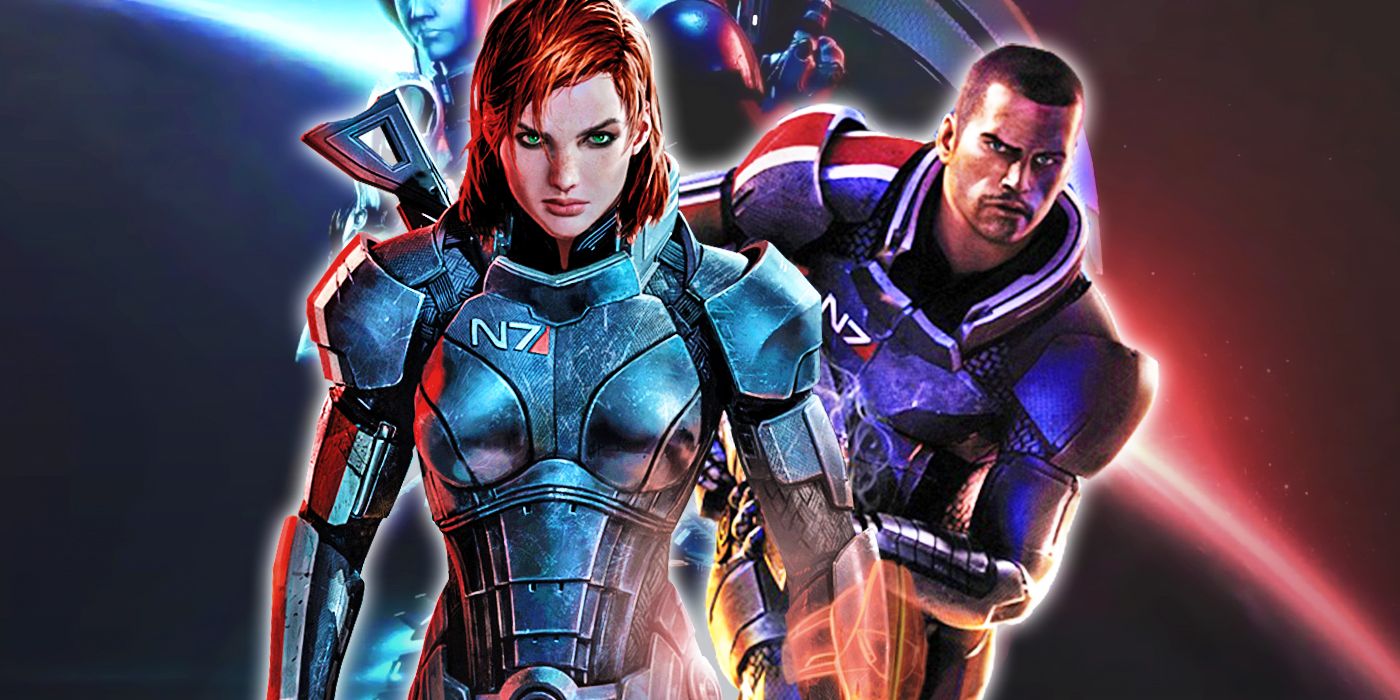
Related
Mass Effect’s Story Isn’t So Good Where a TV Show Can’t Make It Better
A Mass Effect franchise, while deeply loved by fans could be enhanced by a TV show.
With more careful planning throughout the series and more effort to incorporate these options into what came before, they may have worked from a narrative standpoint and felt like a satisfying conclusion to the story. No amount of refining and rewriting, however, could resolve the thematic problems that this finale introduced. The ending of Mass Effect 3 required players to embrace the idea that synthetic life was a fundamental threat.
It posited that not just the Reapers, but all artificial intelligence would lead to the extinction of organic life. It was rooted in classic science fiction themes regarding the danger of progress and the tendency of humanity towards self-destruction. Unfortunately, these themes ran counter to the rest of the trilogy, and the final game in particular.
Players Can Disprove the Catalyst Throughout Mass Effect 3
The Organics Prove a Greater Threat to the Synthetics
Where the ending of Mass Effect 3 relies on the premise that synthetic life is a threat to organics, the rest of the series features regular cooperation between the two. While the first game does begin with an attack by the Geth on the human colony of Eden Prime, and they continue to be an antagonist throughout Shepard’s initial adventure, artificial intelligence proves to be more helpful than threatening for the rest of the series.
Early in Mass Effect 2, it’s revealed that the new Normandy has an AI system that helps operate the ship. Speaking to fears of uncontrolled AI, this system, dubbed EDI, is “shackled” to prevent it from fully taking control, but she still proves invaluable during early missions. Later, in the third act, Joker is forced to remove all restrictions on EDI to allow her to save the Normandy from the Collectors.
Far from turning on the crew, EDI rescues them and goes on to continue serving the ship and Shepard’s team. She even begins to form a bond with Joker, who previously distrusted her. This friendship would be further developed in the sequel. In Mass Effect 3, after acquiring a robot body, EDI grows closer to Joker and, if the player aids the relationship, it can blossom into romance.
- Mass Effect 2 introduced the idea that artificial life could be peaceful and cooperative.
- EDI takes control of the Normandy near the end of the game and becomes a major ally.
- Fan-favorite companion, Legion, is also introduced in Mass Effect 2.
The pilot and the AI serve as a perfect example of organic and synthetic life peacefully coexisting. This can also be shown on a much grander scale if the player makes the correct decision regarding the Geth and the Quarians.
War between the synthetic Geth and their creators is a core part of the Mass Effect backstory and, in the third entry, it is finally brought to a conclusion. While it’s possible that, based on previous choices, one side destroys the other, the best possible ending sees the Geth and Quarians finally reconciling and agreeing to live together in peace.
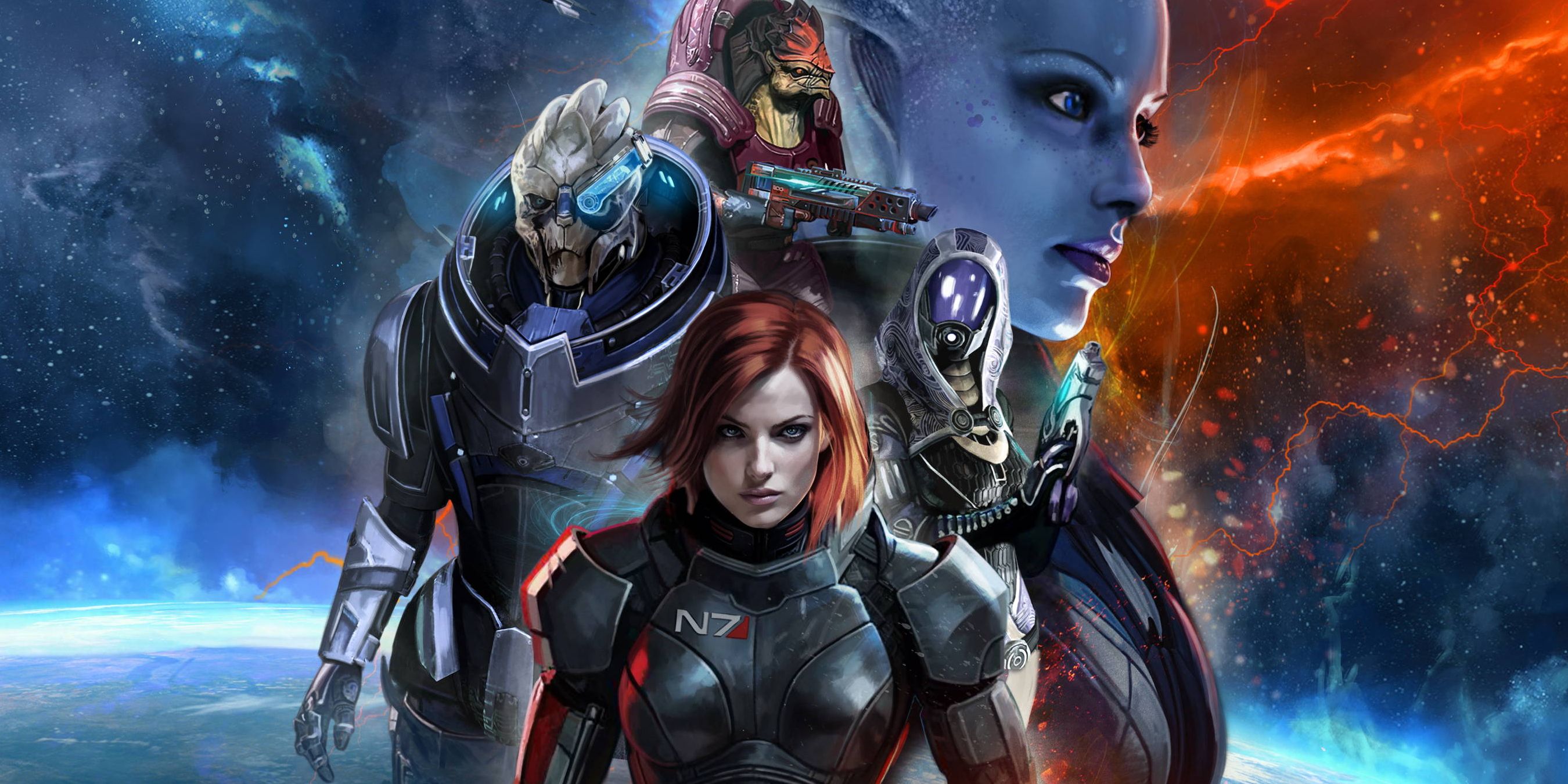
Related
Mass Effect 5’s director confirms to fans that one of Dragon Age: The Veilguard’s notable features won’t be present in the upcoming BioWare game.
Further, in resolving the related missions, Shepard discovers that it was the Quarians who first started the war and that the Geth were only acting in self-defense. Far from painting a picture of synthetic life posing an inevitable risk to organics, the entire plotline suggests that organics are more of a threat to synthetics and, if they can learn and grow, a lasting peace is possible.
EDI and Joker, the Quarians and the Geth, and countless other small moments throughout the Mass Effect trilogy show the Catalyst to be completely wrong about life in the galaxy. This completely undercuts the themes the climax hinges on. It’s all the more frustrating as the player, through Shepard, isn’t allowed to raise any of these objections to the Catalyst and is forced to accept its framing of the situation. Even more infuriating is the fact that none of the Catalyst’s solutions make any sense.
The Catalyst’s Solutions Wouldn’t Even Solve the Problem
A Trilogy’s Worth of Storytelling, Wasted
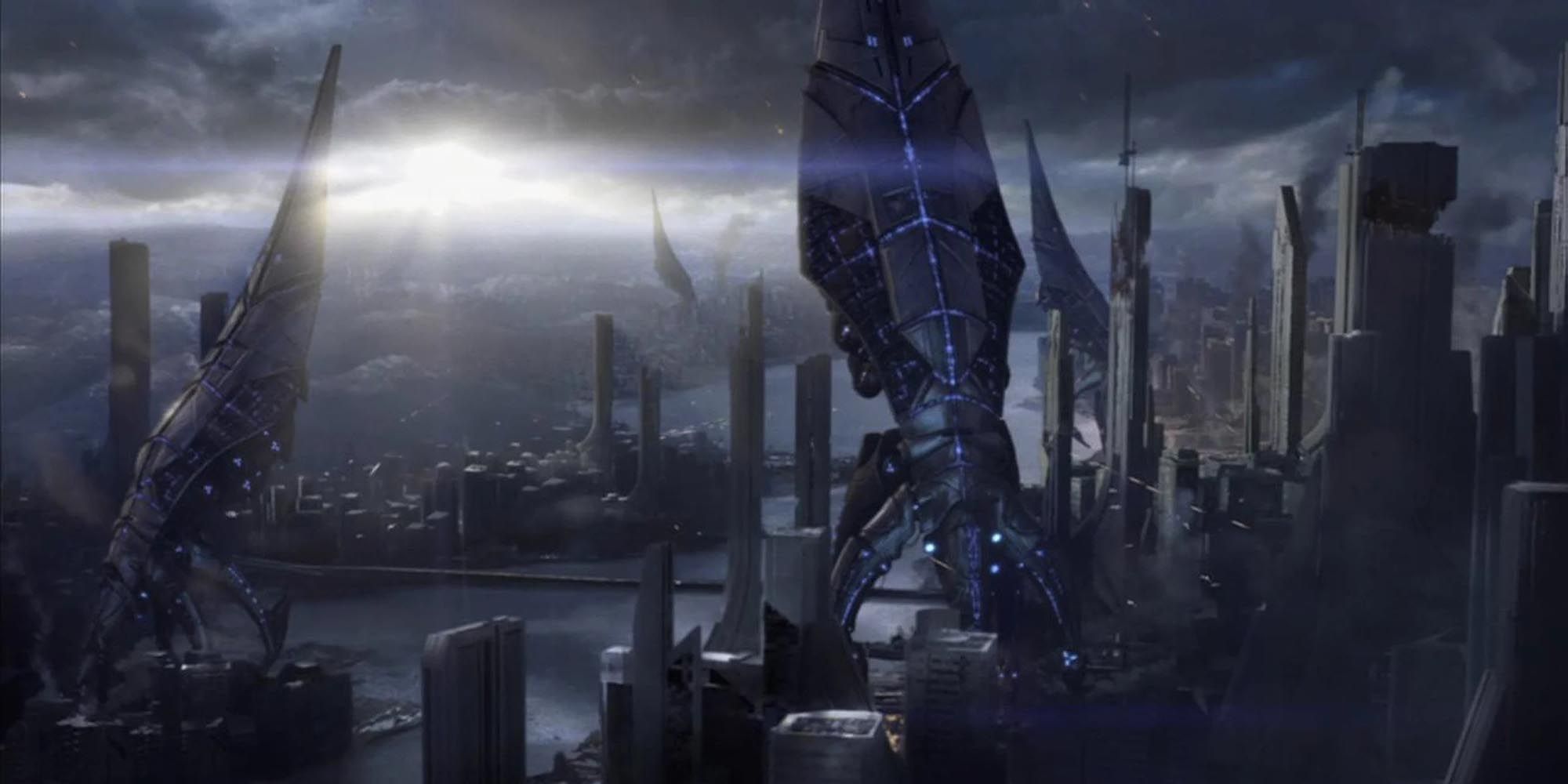
The Mass Effect 3 ending relies on the concept of organic life destroying itself through their creations. Thematically, it would make sense for the final choices to involve changing the nature of organics and how they behave. Instead, the ending mostly ignores the deeper problems it raises and presents solutions that appear to be half-measures at best.
- Each of the choices for the ending in Mass Effect 3 has slight variations, depending on the player’s War Asset score.
- The so-called “perfect ending” requires choosing “destroy” while having a high War Asset Score.
- This is the only ending that implies Shepard may survive.
Choosing “destroy” wipes out all synthetic life, including the Reapers, but it does nothing to stop future generations from creating new artificial life. Choosing “control” puts Shepard in charge of the Reapers but, again, doesn’t prevent new, potentially more powerful machines from being created. “Synthesis,” at least, involves changing life itself and fundamentally addressing the conflict between the two forms of life.
On the other hand, this choice is so vague as to leave open exactly how this merger will work and still leaves open the potential for new synthetic life being created. Collectively, the endings leave players disappointed while failing to even work within their own logical and thematic framework.
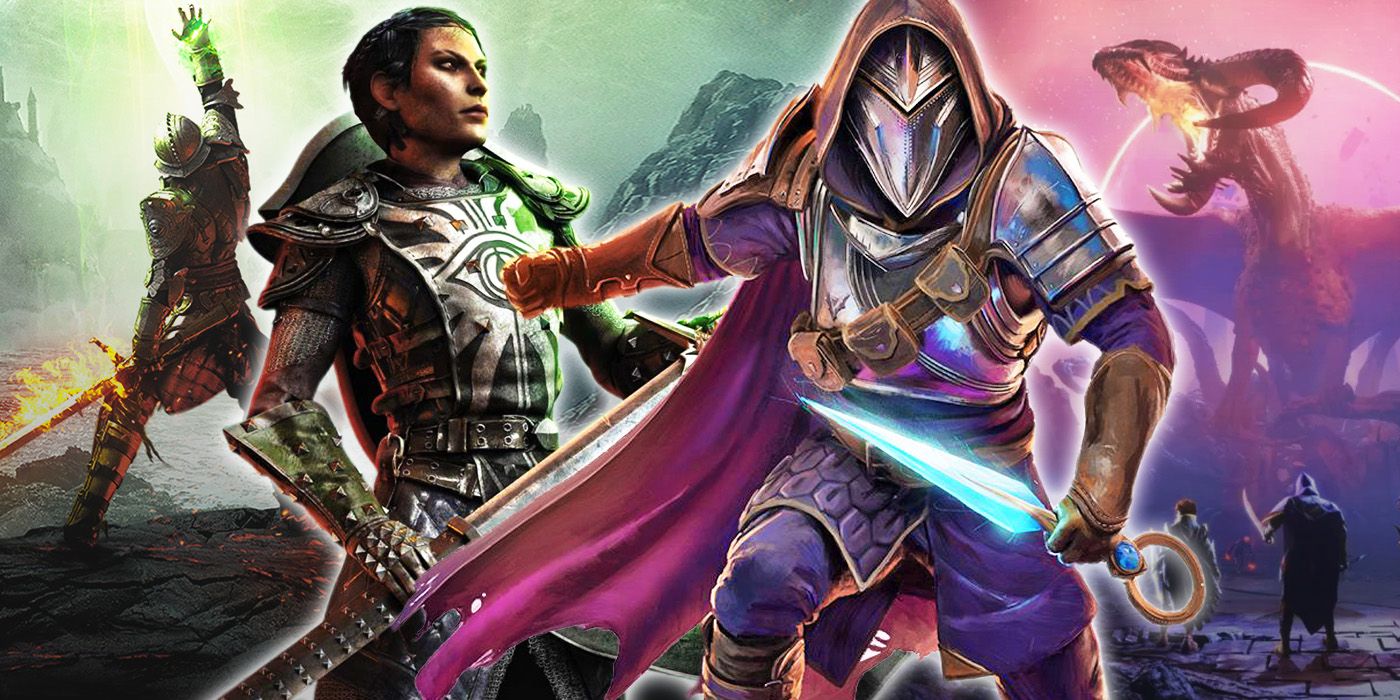
Related
How Bioware Can Fix Its Dragon Age Problem – Before It’s Too Late
Bioware needs to make some changes if it wants the Dragon Age series to survive.
Mass Effect 3 remains one of the most controversial titles in modern gaming history. Its ending left many fans upset and cast a shadow over the franchise. Critics, however, should look beyond the surface-level issues to examine their deeper problems. The thematic conflict between the finale and the rest of the series is what truly doomed the game and made for a poor climax to an epic story.
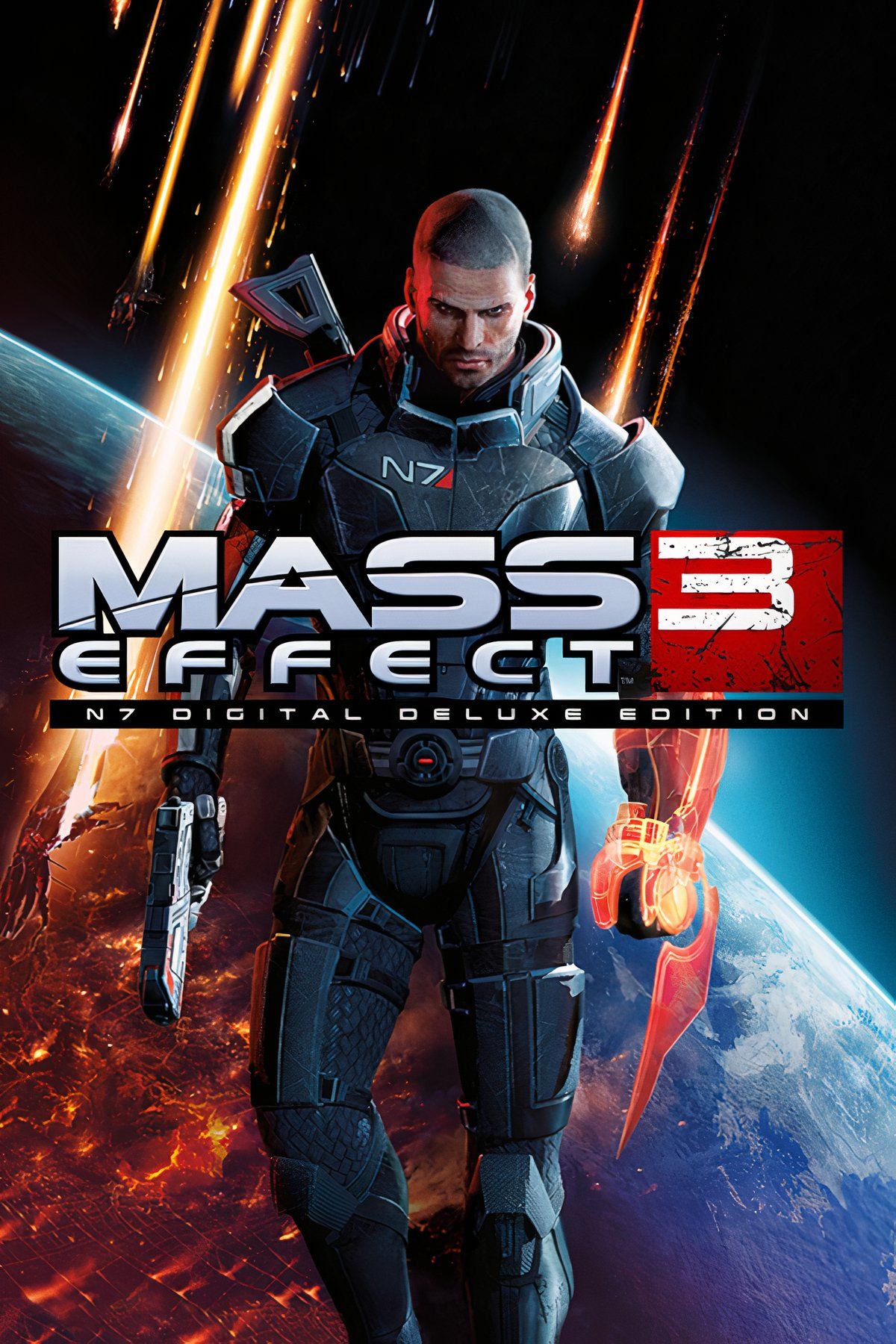
Mass Effect 3
- Released
-
March 6, 2012
- ESRB
-
M for Mature: Blood, Partial Nudity, Sexual Content, Strong Language, Violence
- Developer(s)
-
BioWare
- Publisher(s)
-
Electronic Arts



